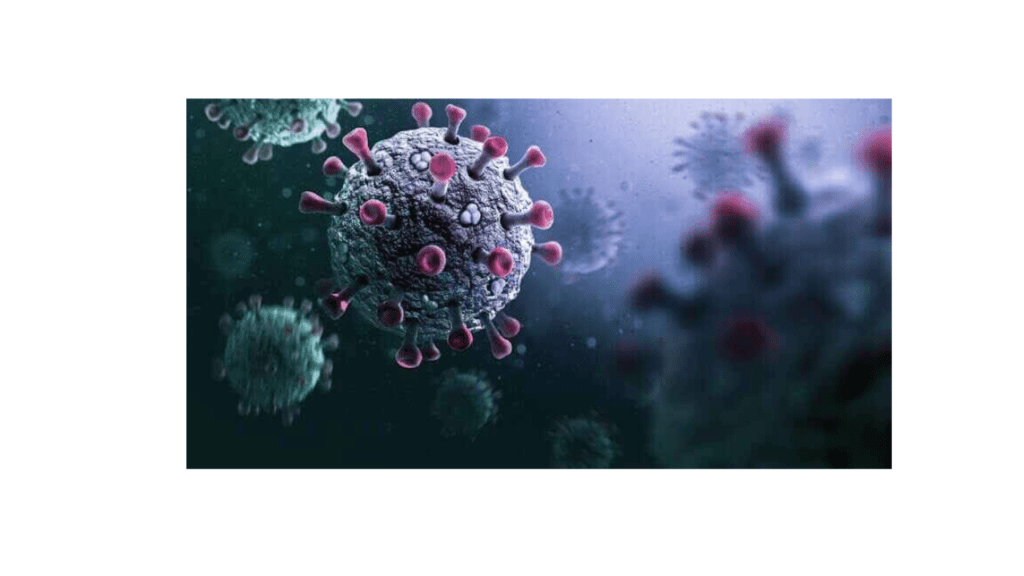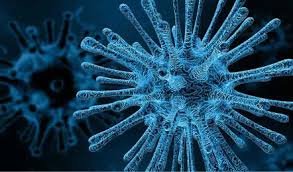India is grappling with severe problems related to cholesterol that affect people in different age groups. However, if levels of sticky low-density lipoprotein (LDL) cholesterol increase, they form a bond with arterial walls and result in plaques that have significant negative effects on heart health. The lipoid molecule cholesterol plays a crucial function in the formation of cellular membranes, the production of hormones, and the facilitation of digestion.
Table of Contents
Once these plaques materialize, they constrict the arteries, impeding the smooth circulation of blood to the heart. This cascade can precipitate various cardiovascular complications.
Feeling pain or discomfort in the chest as a result of the heart’s’ decreased blood flow.
An abrupt coronary artery blockage that impedes blood flow and may cause damage to the heart’s tissues, ultimately leading to a heart attack.
Similar obstructions in the arteries supplying the brain with blood can lead to a stroke.
You can find out your sterol levels and take appropriate action before significant damage happens by getting regular blood tests. Timely intervention becomes essential to preserving life. The fact that increased cholesterol often does not result in overt symptoms emphasizes the significance of early detection and timely intervention.

Transformative adjustments in lifestyle emerge as a linchpin.
Reducing cholesterol
Reducing cholesterol can be achieved through weight control, regular physical activity, and quitting smoking. Nutritional Reforms Reducing the intake of trans and saturated fats while following a sensible diet is beneficial.

Diminish Fat Ingestion
Choosing a healthy diet supports a balanced lipid profile, which reduces the risk of plaque buildup in the arteries. To avoid sticky sterol (LDL), reduce your intake of processed and deep-fried foods that contain high levels of saturated and trans fats.
Integrate Routine Physical Activity
Exercise on a regular basis helps control adhesive cholesterol. Aim for once a week periods of moderate to intense activity, including cycling or brisk walking. It controls body weight, improves heart health generally, and helps to maintain a better balance in sterol levels
Pharmacological Measures
If alterations in lifestyle are not sufficient, then medication can be necessary. To effectively lower cholesterol levels, your doctor may prescribe medication.

Procedural Alternatives
In extreme cases where blockages significantly impair blood flow, procedures like coronary artery bypass grafting (CABG) or percutaneous transluminal coronary angioplasty (PTCA) could be necessary to restore normal blood flow around blocked arteries.
Early detection, adoption of healthy habits, and routine advice from your physician will help reduce the long-term risks related to sticky cholesterol. You take control of your cardiovascular health by directing your cholesterol levels.
Related : Remarkable Advances in COVID-19 Cases Control in India Despite New Variants Beyond JN.1


